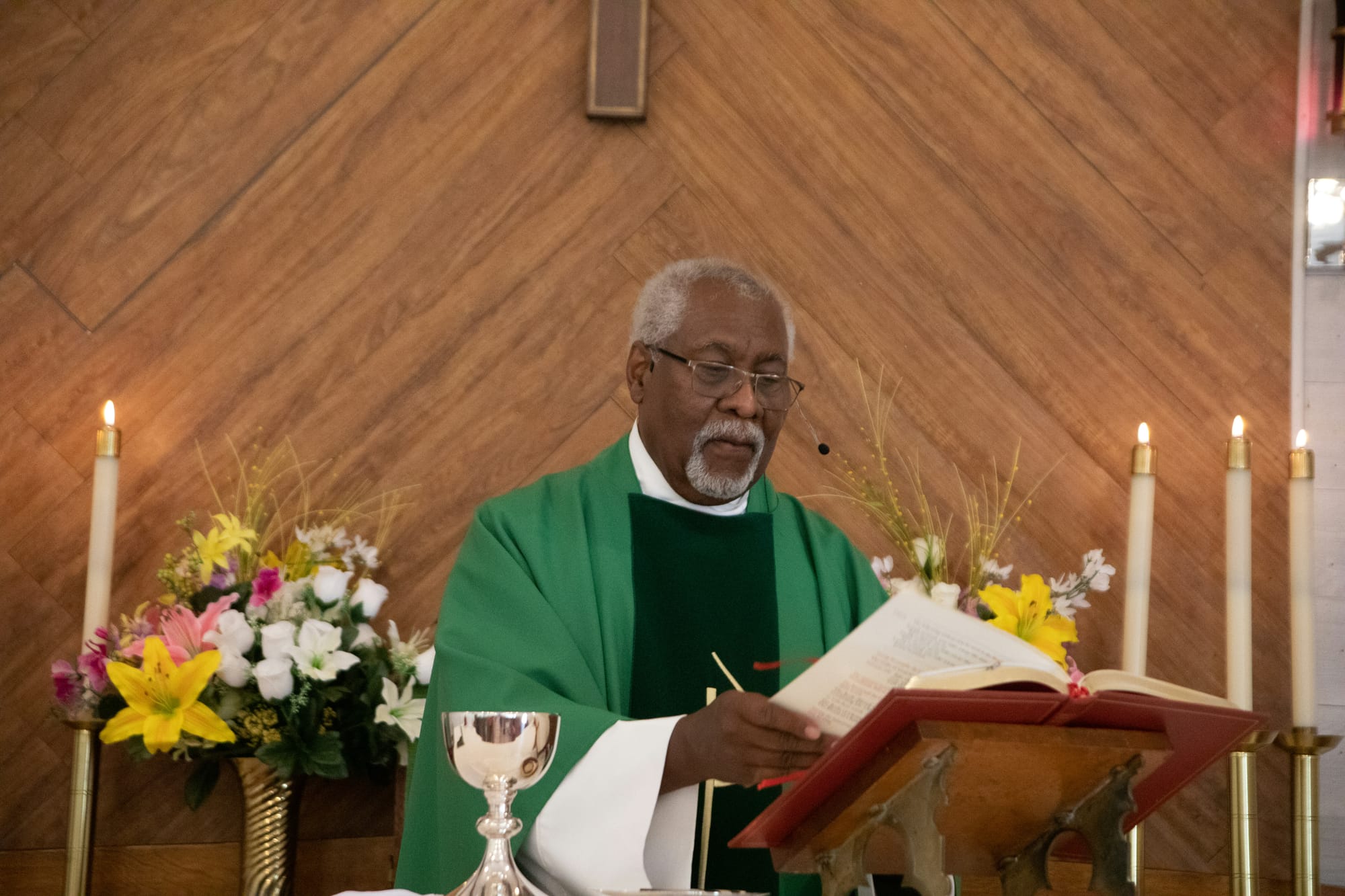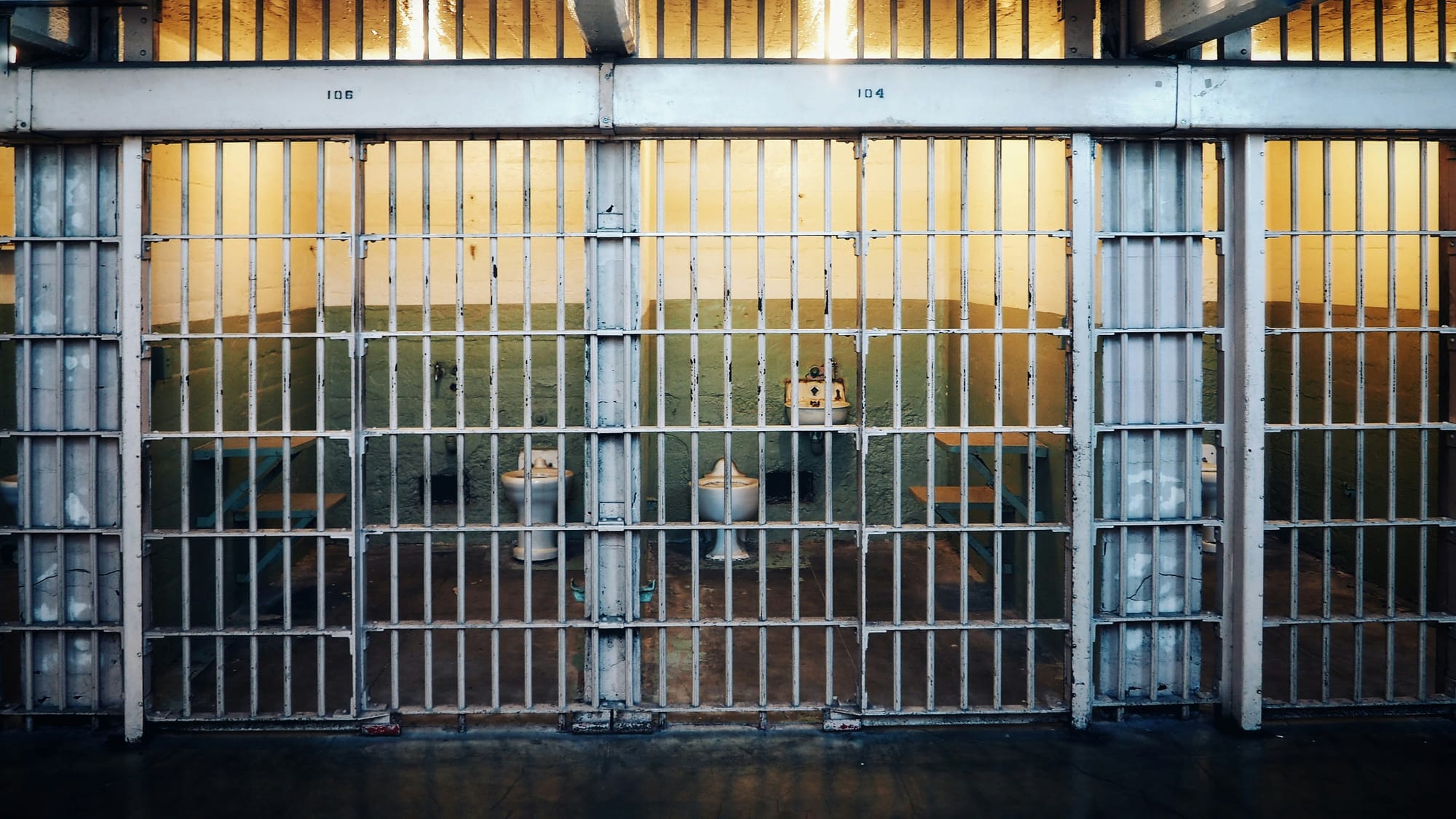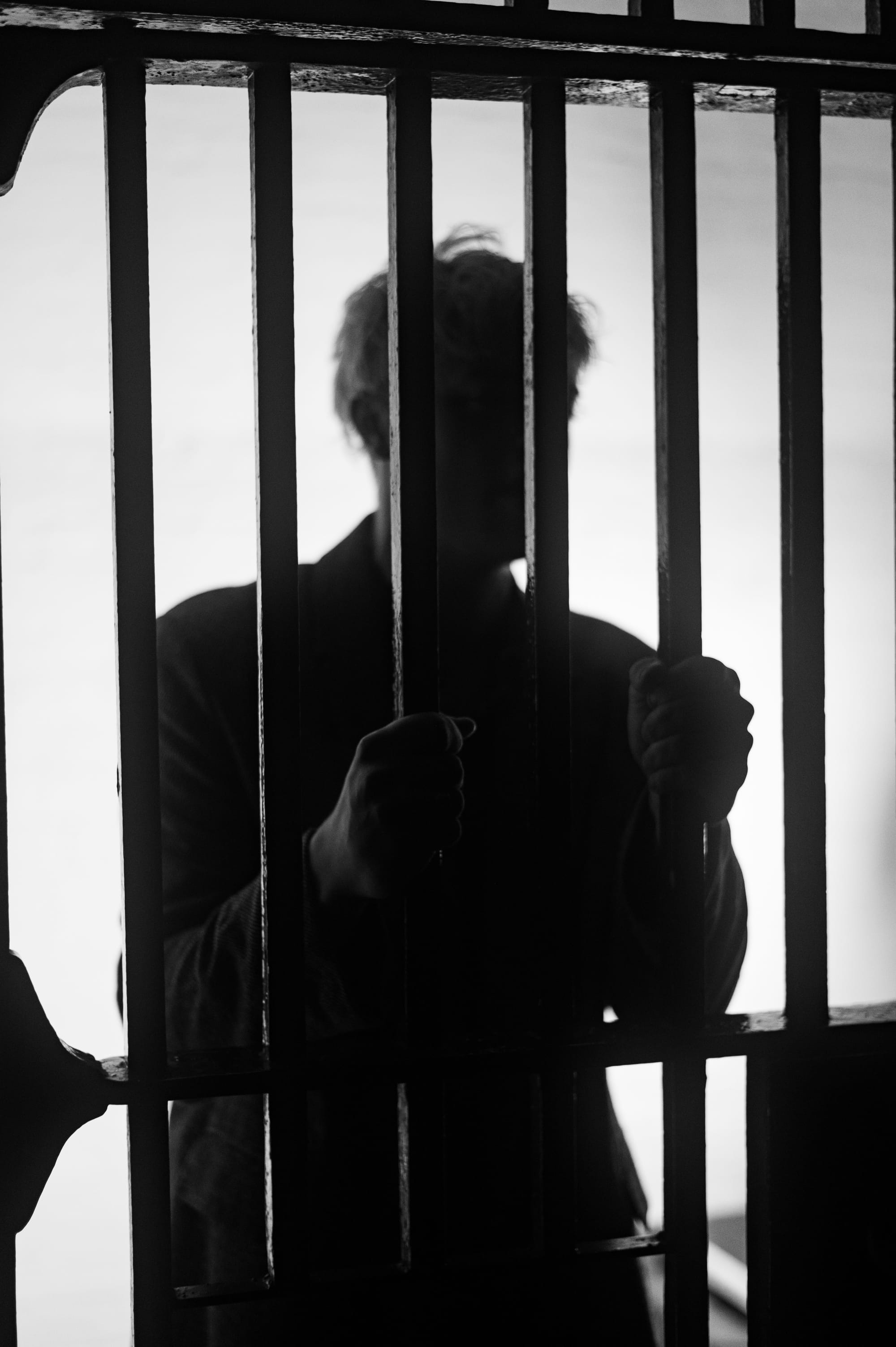The need for chaplains, especially in specialized areas like federal contracts, state prison ministry, and social justice outreach, continues to grow. One potential solution to meet this demand is leveraging clergy from around the world, particularly from Africa and other diverse regions, to fill the void in institutional chaplaincy.
The Role of Chaplains in U.S. Institutions
In the U.S., chaplains serve as spiritual leaders, counselors, and support figures in various sectors. They are an essential part of the military, providing spiritual care to soldiers and their families. In correctional facilities, chaplains offer religious services, counseling, and support to inmates, contributing to their rehabilitation and mental health. In the aftermath of disasters, chaplains also offer emotional and spiritual guidance to those affected, providing much-needed comfort during times of crisis.

The Growing Demand for Chaplains
The demand for chaplains is expanding across the U.S. for several reasons:
- Increased Diversity of Faiths: As the U.S. becomes more religiously and culturally diverse, there is a need for chaplains who can serve various faith communities. While Christian chaplains are still in high demand, people from other religious traditions, including Islam, Judaism, Buddhism, and Hinduism, are increasingly seeking spiritual support.
- Expanding Federal and State Contracts: As the government continues to address mental health, rehabilitation, and social justice initiatives, there is a growing demand for chaplains in areas such as state prisons, correctional facilities, and federal disaster response operations.
- Social Justice and Community Outreach: The rise of movements advocating for social justice, criminal justice reform, and the reduction of recidivism has increased the need for chaplains in both correctional facilities and community outreach initiatives.
- Disaster Response: Natural disasters, mass shootings, and other tragic events have highlighted the need for chaplains to step in and offer spiritual care in times of crisis. Government agencies rely on chaplains for their ability to provide emotional and spiritual comfort to disaster survivors.
Global Clergy: A Solution to Filling the Void
One of the most effective ways to address the growing need for chaplains in the U.S. is to recruit clergy from Africa and other regions around the world. These global clergy bring unique perspectives and experience that can enhance chaplaincy services, particularly in the following areas:
- Cultural and Religious Diversity: Many African and international clergy are accustomed to working in diverse religious environments, and their experiences can help fill gaps in the U.S. chaplaincy system. For instance, African clergy may bring knowledge of non-Western religious practices, including those of indigenous communities and other faiths that are underrepresented in the U.S.
- Community Development Expertise: In many African countries, clergy are actively engaged in community development and social justice efforts. They work in areas such as poverty alleviation, education, healthcare, and conflict resolution, providing them with a wealth of experience in outreach, empowerment, and reconciliation. These skills are directly transferable to the U.S. prison system, disaster relief operations, and social justice initiatives.
- Global Experience in Disaster Response: Many African clergy have experience in responding to crises such as natural disasters, political upheaval, and humanitarian crises. Their experience in disaster-prone regions can be invaluable in federal and state disaster response operations in the U.S.
- Addressing Mental Health and Rehabilitation Needs: Clergy from around the world, especially from African countries, often play a role in helping individuals who are struggling with mental health issues, addiction, and trauma. This makes them uniquely suited to working with populations in U.S. state prisons and correctional facilities, where mental health and rehabilitation are major concerns.
- Expanding the Religious Service Offering: Clergy from around the world bring with them a broad array of liturgical practices, music, and religious traditions that can enrich the spiritual lives of those in institutional settings.

Federal Contracts, State Prison Ministry, and Social Justice Outreach
The U.S. government can tap into this rich pool of international talent by establishing programs to recruit clergy from Africa and other regions to fill chaplaincy roles in federal contracts, state prison ministry, and social justice outreach. This would involve the following steps:
- Building Partnerships with Religious Organizations Abroad: By collaborating with religious organizations in Africa and other regions, the U.S. can create pathways for clergy to receive chaplaincy training and certification that meets U.S. standards. These partnerships can help identify clergy who are not only qualified but also culturally competent.
- Creating Inclusive Chaplaincy Programs: The government can develop programs that allow for the integration of international clergy into U.S. institutions. This would involve providing the necessary orientation, training, and support to ensure that international clergy are effective in their roles, particularly in the diverse and unique environments of U.S. prisons, military bases, and disaster response operations.
- Promoting Social Justice and Rehabilitation: International clergy bring a global perspective to social justice issues, especially in the context of prison reform, rehabilitation, and mental health. Their expertise in community development can be a valuable resource in addressing systemic challenges faced by incarcerated individuals and marginalized communities.
- Leveraging Technology for Global Outreach: In addition to in-person chaplaincy services, clergy from around the world can also contribute to U.S. efforts through virtual platforms.

Conclusion
As the need for chaplains in the U.S. continues to grow, particularly in areas such as federal contracts, state prison ministry, and disaster response, leveraging global clergy—especially from Africa and other regions—offers an effective solution to meet this demand. These international clergy bring unique skills, cultural understanding, and experience that can enrich the chaplaincy services offered in U.S. institutions. By expanding the pool of available chaplains and embracing the global diversity of religious leaders, the U.S. government can improve the effectiveness of its spiritual care services, promote social justice, and foster a more inclusive, compassionate approach to community and institutional support.






